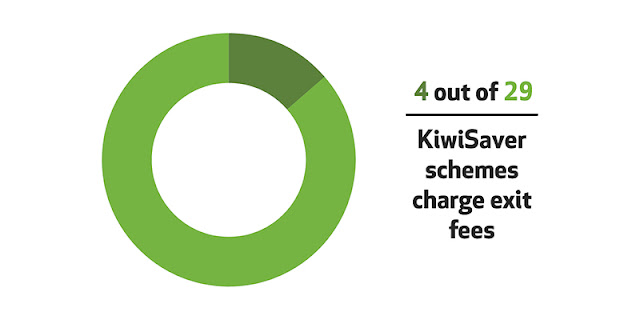Seven questions you should ask your financial adviser

I have been writing this column for more than three years now; at times I have worried that finding topics that are relevant and of interest may become more difficult as time goes on. However, ‘the world’ always seems to deliver up new topics. This month’s subject is a matter that I would rather not be commenting on, but given recent newspaper headlines, the topic of trust is very much the ‘elephant in the room’. I suspect that it is one of life’s truisms, that in any profession where trust is given that trust will sometimes be abused. Sadly, my profession is no different. Given that this is a reality, I thought it would be helpful to consider what questions you should ask a prospective adviser (or your existing adviser) about their money handling and organisational procedures. 1 Who holds the ownership of the investments? The separation of roles and responsibilities plays an important part in protecting your money against fraud. In pooled investments like managed fu

